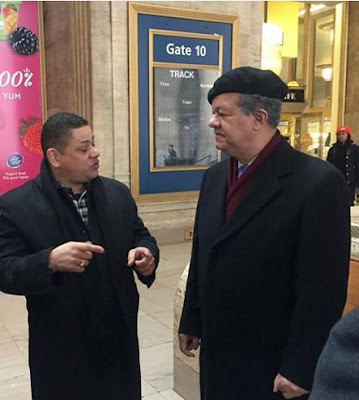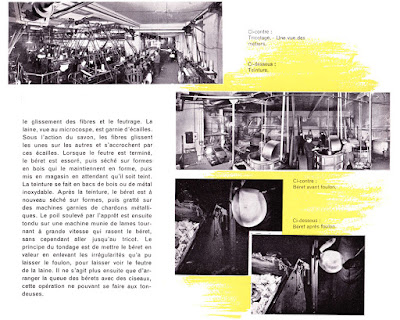Sviatoslav Teofilovich Richter (1915 –1997) was a Soviet
pianist of Russian-German origin, who is generally regarded as one of the
greatest pianists of the 20th century.
Richter is known for the "depth of his interpretations,
his virtuoso technique, and his vast repertoire."
Unusually, he was largely self-taught. His father only gave
him a basic education in music, and so did one of his father's pupils, a Czech
harpist.
Even at an early age, Richter was an excellent sight-reader
and regularly practised with local opera and ballet companies. He developed a
lifelong passion for opera, vocal and chamber music that found its full
expression in the festivals he established in La Grange de Meslay, France, and
in Moscow, at the Pushkin Museum. At age 15, he started to work at the Odessa
Opera, where he accompanied the rehearsals.
In 1949 Richter won the Stalin Prize, which led to extensive
concert tours in Russia, Eastern Europe and China. He gave his first concerts
outside the Soviet Union in Czechoslovakia in 1950. Having received the Stalin
and Lenin prizes and become People's Artist of the RSFSR, he gave his first
tour concerts in the USA in 1960, and in England and France in 1961.
While he very much enjoyed performing for an audience,
Richter hated planning concerts years in advance, and in later life took to
playing at very short notice in small, most often darkened halls, with only a
small lamp lighting the score. Richter said that this setting helped the
audience focus on the music being performed, rather than on extraneous and
irrelevant matters such as the performer's grimaces and gestures.






















































